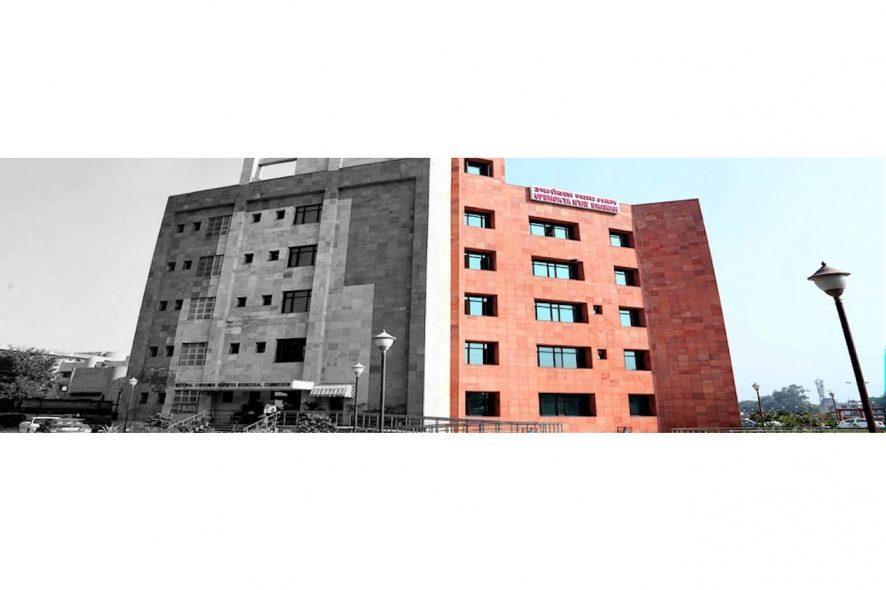National Consumer Disputes Redressal Commission (NCDRC): The NCDRC recently rejected an appeal against the West Bengal State Commission’s judgment, stating that the Commission’s intervention is called for only where there is an evident instance of the jurisdictional error. If not, the scope for interfering with the State Commission’s order is limited.
A home loan was procured by depositing loan document, memo of title deed etc. with the bank. When these documents were demanded back by the customer upon repayment of the loan, the bank refused, saying that despite several requests, the customer had not deposited the sale deed with the bank.
The aggrieved customer approached the district forum which held in his favour and ordered the bank to return all documents with a sum of Rs 35,000 in compensation. The bank appealed with the state commission which upheld the district forum’s order, observing that the bank requested for the sale deed two years after furnishing the loan, and had, earlier, already issued a no dues certificate to the customer, which indicated that the bank accepted completion of formalities by the customer.
The bank then approached the Commission and contended that the customer has not produced any evidence to show that he has deposited the relevant documents, while the customer maintained that the bank would not have issued the loan in the first place in absence of securing possession of a collateral, and the no dues certificate proved that the bank accepted the deposition of the title deeds and other loan documents.
The Commission held that the correspondence between the bank and the customer revealed how the bank of its own accord furnished the loan and issued a no dues certificate to the customer without ensuring completion of formalities and two years after issuing the loan it dawned upon the bank that it needs to obtain the sales deed. This callous attitude by the bank was surprising and as a matter of equity, a person sleeping on their rights cannot be granted a remedy. Hence the Commission was of the view that the bank could not file frivolous claims arising out of its own faults.
The Commission also referred to Ruby Chandra Dutta v. United India Insurance Co. Ltd., (2011) 11 SCC 269 where the Supreme Court held that the revisionary powers of the NCDRC should be invoked only when there are glaring errors in the interpretation of the law by the lower fora and not otherwise. Relying on this, the Commission found no lacunae in the decision by the State commission and rejected the Bank’s revision petition. [Manager, Bank of Baroda, Jodhpur Park branch, Kolkata v. Susanta Saha, Revision Petition No. 676/2017, decided on 16.05.2018]






